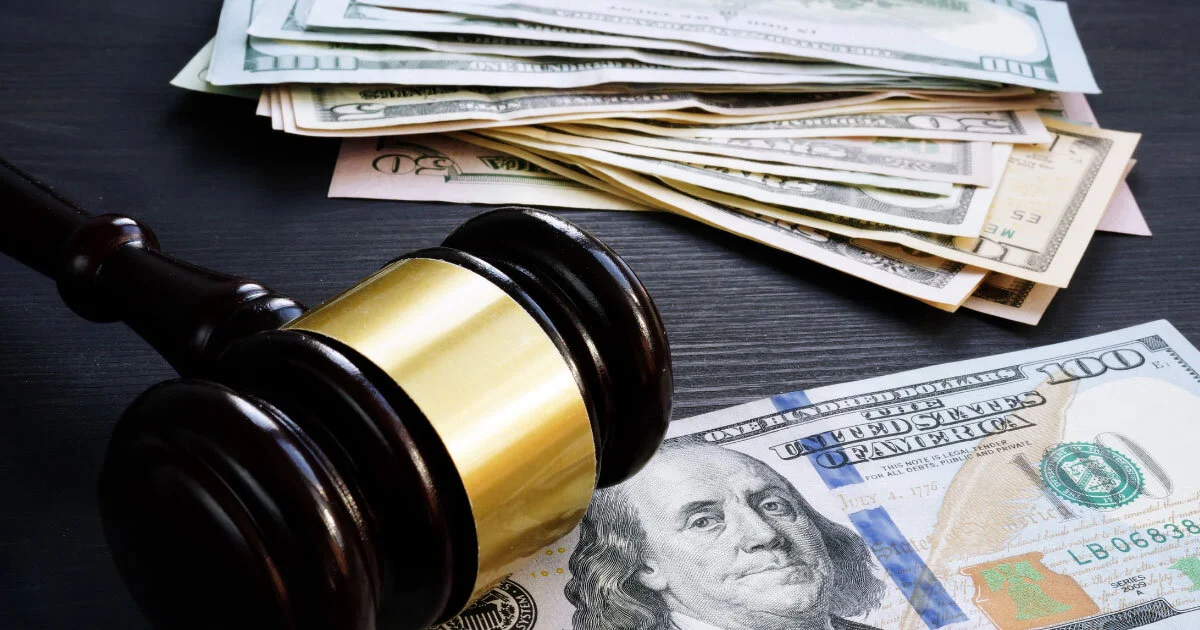How Does a Judge Determine Your Bail Amount?
When someone is arrested, they are first brought before a judge within 24 hours of the arrest. In this first appearance, if the defendant is accused of a misdemeanor or felony crime that is not a capital offense (first-degree murder, rape with bodily harm or the federal crime of treason) he or she is entitled to be released on their “own recognizance”.
Before any consideration of release without bond, the judge will review the arrest affidavit prepared by the law enforcement officer who made the initial arrest. The judge then decides if there is probable cause to hold the defendant. If not, the judge will postpone the first appearance hearing for 24 to 72 hours before making a final decision. Often times the arresting officers will revise the affidavits following arrests in order to catch any discrepancies within it.
After the judge arrives at a decision, the court then determines whether the defendant should be released with or without bail. Bail is the amount of money given to the court to secure the defendant’s appearance at future court proceedings.
How is Bail Set?
How much is bail for a defendant? This can vary, as most Florida counties have their own pre-set bond amounts based on the types of crime that was committed. This is called bond schedules. The judge, however, has the authority to raise or lower the potential bail amounts. The judge takes into consideration a variety of factors. Here are just a few:
The Nature of the Crime and the Surrounding Circumstances
If the crime was particularly violent or dangerous in nature, the bail amount may be high. Judges sometimes have particular guidelines they follow when determining bail amounts for specific categories of crimes, but usually the more violent the crime higher the bail.
The Evidence
If the evidence in the case is strong, meaning there is a high amount of evidence and a conviction seems likely, the bail may be set high. This is done to deter the defendant from trying to escape prosecution.
The Defendant’s Criminal Background and Current Status
The judge often reviews the defendant criminal history to determine if they are potentially a threat to the community if they are released. The judge will more than likely set the bail higher if the crime was unusually violent. If the defendant is already on probation, parole or has a warrant, these factors will also have an impact on the bail amount.
The Defendant’s Community History
The defendant’s ties to the community including family, business and personal finances, and employment history are all taken into consideration. If they have more connections to the community, they most likely will stay in town while they are awaiting their court date.
Once Bail is Set, What’s Next?
Due to the laws, judges are given a great amount of freedom and leeway in setting bail. They are allowed to consider any other factors they deem relevant to the case. After the bail amount is determined, the defendant goes through the booking process. It is at this time the defendant is given the opportunity to post their bail or arrange to have their bail posted on their behalf. Once bail is posted the defendant will be released until they are back in court for the arraignment of their case.
Call Blandon Bail Bonds
If you or someone you know need to post bail, contact Blandon Bail Bonds we understand the stress you may be under. That’s why we make our process quick and simple! We work with you to make sure you get the help you need – FAST! Call Blandon Bail Bonds today at 305-597-4595.

